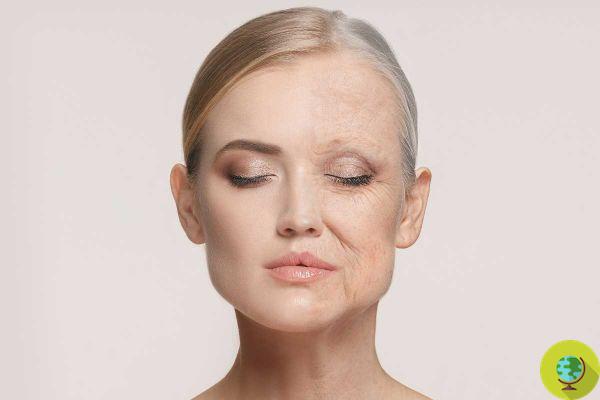
According to a new finding, everyone ages in their own way and shows their age differently than everyone else
Don't store avocado like this: it's dangerous
Aging: why, for the same number of years, do some people seem older than others? Simple: why everyone ages in their own way and shows his age differently than anyone else.
According to one study Published in the journal PNAS by an international team of researchers, coordinated by Daniel W. Belsky of Duke University in Durham, United States, some individuals tend to age faster, even accumulating up to 3 years of biological age in a calendar year, while others continue to look much younger.
In short, biological aging does not necessarily correspond to chronological age.
OUR OFFICE - In the course of the research, the authors analyzed the biological age of 954 people, born between 1972 and 1973 in Dunedin, New Zealand. These were followed from birth up to age 38. In particular, at the age of 18, 26, 32 and 38 years they were subjected to 18 different analyzes to measure the state of biological aging and the cardiovascular, hepatic, renal, pulmonary and immune functions.
In this way, the scientists found that, although all participants in the experiment were 38 years old, some looked up to 8 years younger, while others looked older (some showed a biological age of 60).
"The premature aging of the organism also corresponds to that of appearance", add the authors who, after the analyzes, submitted the photographs of the thirty-eight-year-old sample to a group of university students. The students rated those who also showed a higher biological age in the tests as older. “Many think that senescence begins late in life but its signs are already present from the age of 26. Organs begin to age sooner than you think. Aging is not just a genetic process and twin studies have also shown it ", concludes Belsky”.
American researchers have become so convinced that it is aging is the main cause of much of the ailments and disability. As slow down the inexorable aging process? Acting on environmental factors and on the lifestyle of individuals, they argue. In short, if genes account for 20% of aging, everything else it depends on our state of health and the environment in which we live.
READ also: 14 FOODS THAT ENHANCE AGING
The scenario becomes complex, therefore. And it is far from simple, then, to try not to grow old by judging alone the air we breathe every day.
Germana Carillo
READ also:
Fine dust: air pollution causes our brains to age quickly
Pollution: if you live in the city, your skin ages earlier


























